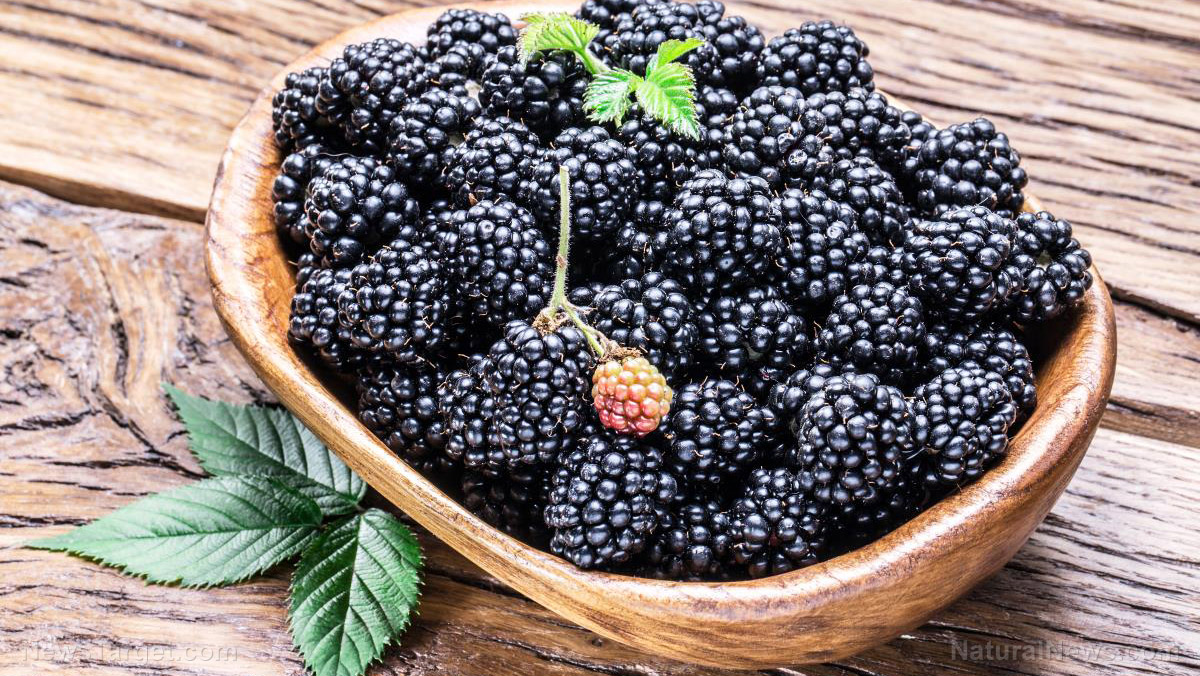 Parler
Parler Gab
Gab
- A study from Sweden's Karolinska Institute proves the human brain continues producing new neurons (neurogenesis) into old age, overturning the long-held belief that this stops after childhood.
- Researchers identified immature brain cells in the hippocampus (key for memory and learning) using advanced techniques like RNA sequencing, confirming active neuron generation in adults — even up to age 78.
- Neurogenesis rates vary widely among individuals, influenced by genetics, stress and lifestyle, explaining differences in cognitive decline among the elderly.
- The discovery opens avenues for treating Alzheimer's, depression and epilepsy by harnessing controlled neuron growth, potentially reversing brain damage rather than just slowing decline.
- While human-specific therapies are needed, factors like exercise, sleep and stress reduction may support neurogenesis, emphasizing the brain's lifelong capacity for renewal and resilience.
The brain's hidden workshop
The hippocampus, a seahorse-shaped structure deep in the brain, is crucial for memory and learning. Previous studies in animals confirmed that neurogenesis occurs there, but human evidence remained controversial. Some researchers argued that adult brains lose this ability, while others insisted it continues, just at a slower pace. (Related: Healthy elderly brains DO grow new cells — just as many as young adult brains, according to new research.) Now, the Karolinska team has settled the debate. Using cutting-edge techniques like single-nucleus RNA sequencing and machine learning, they pinpointed neural progenitor cells — the "starter cells" that develop into neurons — in adult brains. These cells showed genetic markers of active division, proving they were still generating new neurons.Why a few cells matter
Even in older brains, where these cells were sparse, their presence was significant. New neurons are more adaptable than mature ones, forming fresh connections that aid in learning and memory retention. This plasticity explains why some elderly individuals maintain sharp cognition while others decline rapidly. Interestingly, the study revealed stark individual differences. Some 78-year-olds had abundant new cells, while others had almost none. Genetics, stress and lifestyle likely play a role, a finding that underscores the importance of brain health throughout life.A link to disease — and hope for treatment
One surprising case involved a donor with an unusually high number of new neurons but who also had epilepsy. Previous research suggests excessive neurogenesis may contribute to seizures, highlighting that more isn't always better. Still, the discovery opens doors for therapies that could stimulate controlled neuron growth in damaged brains. Current treatments for Alzheimer's and Parkinson's merely slow decline rather than replace lost neurons. If scientists can harness neurogenesis, they might one day regenerate brain tissue, reversing damage from injury or disease.The future of brain health
This research also shifts how people should view aging brains — not as stagnant organs but as dynamic systems capable of renewal. The implications are profound: lifelong learning, mental stimulation and healthy living may preserve cognitive function far longer than previously thought. For years, the dogma was clear: Brain growth stops in childhood. Now, science has proven otherwise. The adult brain, even in advanced age, retains the ability to regenerate. This discovery doesn’t just rewrite textbooks; it offers real hope for healing neurological disorders and preserving mental sharpness into old age. As research continues, one truth becomes undeniable: The brain is far more resilient than people ever imagined. And that's news worth remembering. Watch and learn about a study by Harvard researchers on hot chocolate and its effect on the brain. This video is from the All About Herbs channel on Brighteon.com.More related stories:
Have you heard of the MIND diet? Learn how to boost your mental health with this new healthy eating plan. Top five fats for a healthy body and mind. Five things you can do to guard against Alzheimers. Probiotics improve cellular immune function in elderly. Exercise Improves Health of Elderly with Dementia. Sources include: Theepochtimes.com Livescience.com scitechdaily.com Brighteon.comBlackberries: A versatile source of nutrition and disease-fighting antioxidants
By Laura Harris // Share
By News Editors // Share
Nature’s pharmacy: 12 Essential herbs shaping modern health and wellness
By Willow Tohi // Share
EPA slashes workforce by 23%, dismantles research arm amid restructuring
By Belle Carter // Share
Mediterranean diet slashes risk of vision loss by up to 34 percent, study finds
By Ava Grace // Share
Governments continue to obscure COVID-19 vaccine data amid rising concerns over excess deaths
By patricklewis // Share
Tech giant Microsoft backs EXTINCTION with its support of carbon capture programs
By ramontomeydw // Share
Germany to resume arms exports to Israel despite repeated ceasefire violations
By isabelle // Share










